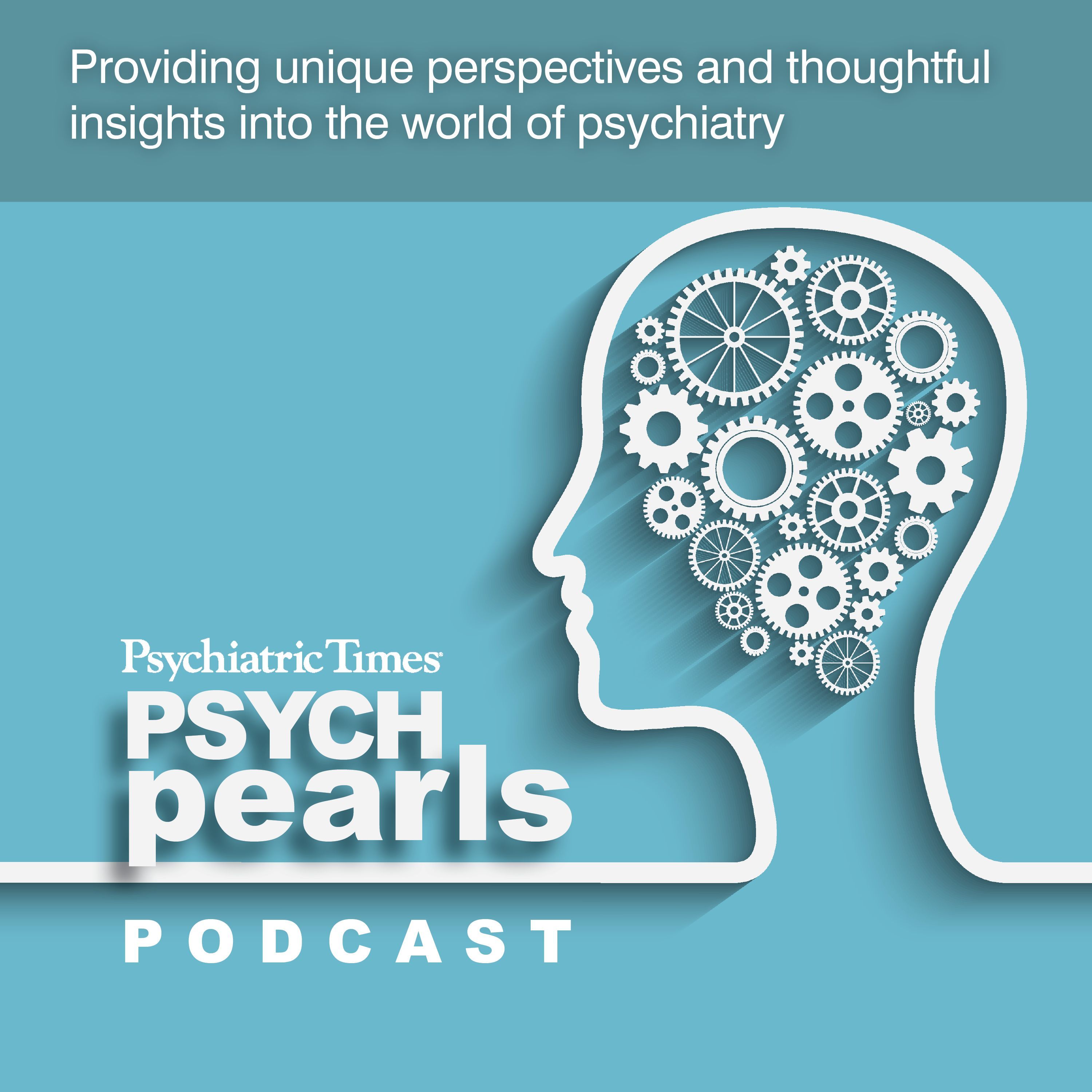Article
Mayday! Mayday! Maternal Mental Health Matters
Author(s):
A mayday call to support maternal mental health.
Annaspoka/Adobestock

PSYCHIATRIC VIEWS ON THE DAILY NEWS
May as Mental Health Month covers a wide spread of problems, potential, and people. Within this rubric, there are also more specific psychiatric spotlights for the month. One is World Maternal Mental Health Awareness Month and, within this month of May, a World Maternal Mental Health Awareness Day. That day was yesterday. I wonder who paid attention to it. I didn’t until this year. It was not on the national media I peruse every morning, nor any societal news highlighted by organized psychiatry.
May sure seems like a mixed month for mothers. In many countries, about 20% of women experience significant mental health concerns perinatally, both during and after childbirth, but most go undetected or ignored. Even if screened and discovered, only half receive follow-up care. Then, if it is postpartum depression, it is a difficult condition to treat at the very least. In addition, miscarriages and stillbirths are common, and they are associated with grief. Actually, about 10% of would-be dads develop some degree of significant perinatal depression, too, and really, the whole family is affected. In the United States, there are also the new abortion laws and obstacles and their associated impact in addition to these other problems.
A couple of developments seem helpful. Fathers are contributing much more time and effort to parenting. Fortunately, in addition, in his Mental Health Month proclamation, President Joe Biden reminded us that a separate Maternal Mental Health Hotline was established to help mothers process mental health challenges.
Only about 10 days later, we will celebrate Mother’s Day in the United States, a day when mothers are usually gifted and doted upon. Most likely, these maternal mental health problems are not mentioned.
Psychiatry, too, has had a mixed history in regard to mothers. While I was in training in the 1970s, a going theoretical causation for schizophrenia was double-binding mothers. Then we had the theory of the cold “ice box” mothers who contributed to autism. Both blames are fortunately now defunct.
The American Psychiatric Association (APA) also used to commonly schedule the annual meeting over Mother’s Day. On the other hand, psychiatry was a welcome home for women physicians who were not so welcomed in other specialties. Female presidents of the APA are now quite common. Perhaps the human need for dependence on early mothering contributes to the ambivalence toward mothers.
Somehow, these 10 days between Maternal Mental Health Awareness Day and Mother’s Day has come to remind me of the Jewish High Holy “Days of Awe,” the 10 day period between Rosh Hashanah and Yom Kippur. Not to be sacrilegious or flippant, but using this comparison, mothers are to be awed, thanked, and forgiven as indicated. Perhaps this period can be used to consider how society and psychiatry can enhance the potential of maternal holiness, whether that holiness is viewed religiously, spiritually, or secularly. After all, the mothering—and fathering—of children is crucial for our future mental well-being around the world.
Today is also known as “Star Wars Day.” Mothering in the Star Wars movies also seemed ambivalent. Although the Jedi took young children away from their mothers for training in the use of the Force, there are also some depictions of powerful and loving mothers in the offshoots of the movies. Let us embrace the Light Side of whatever the force for mothering may be, so as the saying goes:
May the 4th be with You!
Dr Moffic is an award-winning psychiatrist who has specialized in the cultural and ethical aspects of psychiatry. A prolific writer and speaker, he received the one-time designation of Hero of Public Psychiatry from the Assembly of the American Psychiatric Association in 2002. To create a better world, he is an advocate for treating mental health issues related to climate instability, burnout, Islamophobia, and anti-Semitism. He serves on the Editorial Board of Psychiatric Times™.
Newsletter
Receive trusted psychiatric news, expert analysis, and clinical insights — subscribe today to support your practice and your patients.






